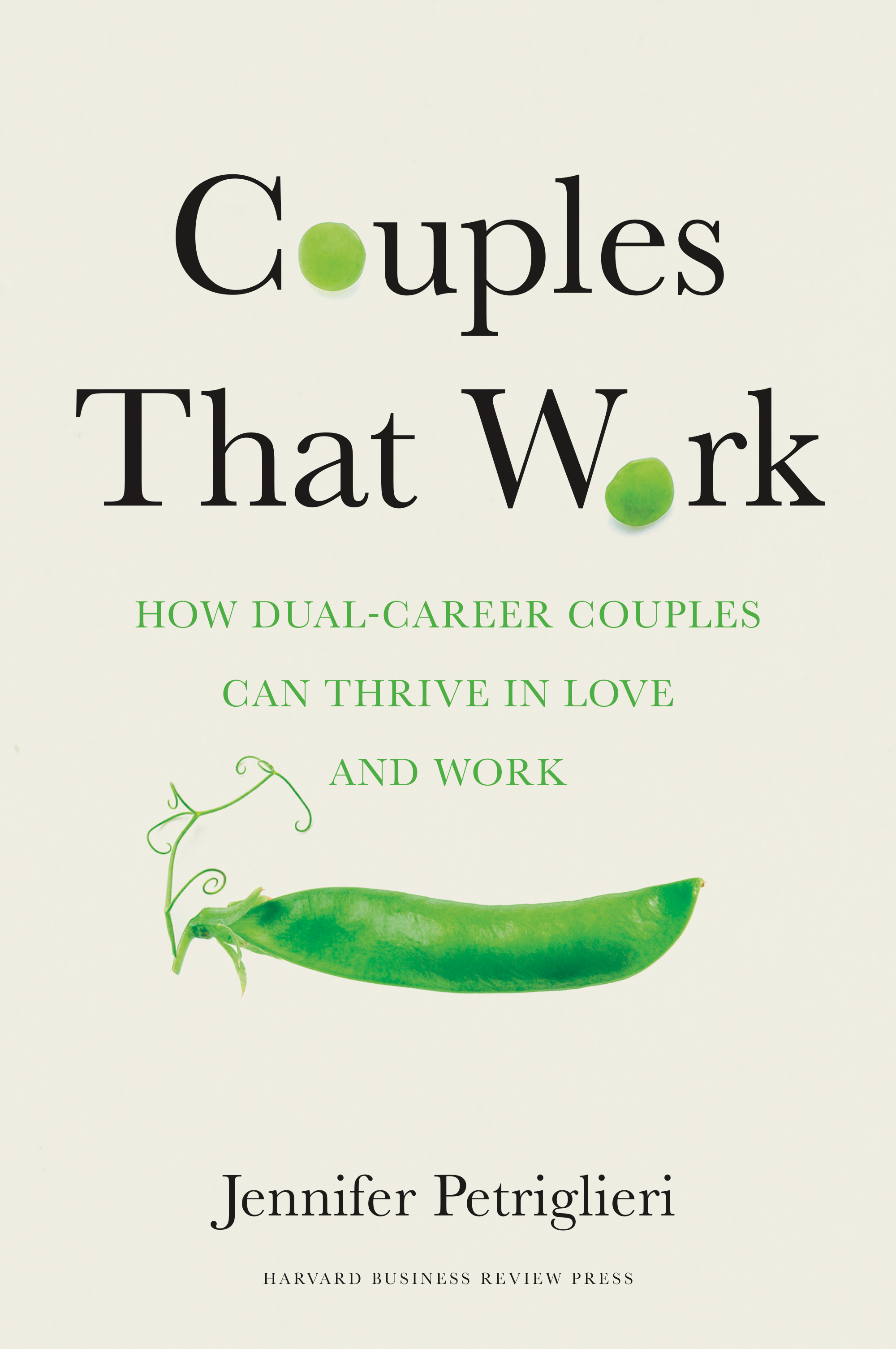Taken together, negotiating and finding common ground in the three areas of values, boundaries, and fears will help you shape your joint path. The values define its direction, the boundaries set its borders, and the fears make you aware of potential cliffs on either side and invite you keep your steps on the path. Having clarity on these three domains will make it easier for you to negotiate and overcome the challenges you will inevitably encounter, whichever one of the three transitions you are in.
The thought of couple contracting makes some feel nervous: What if my partner and I disagree? What if it sparks conflict and relationship strife? The fact is, hard shared choices in life are never made through easy conversations. My research shows that while these conversations can feel a little stilted, couples who shape their relationship deliberately through them find them an integral and meaningful part of their lives.
I recently received an email from a woman who, having seen me present the idea, embraced couple contracting in a novel way. She explained that six months previously, she had fallen in love with a man whom she had met on a holiday in South Africa. Two intercontinental trips and thousands of Skype hours later, their relationship was blossoming. But the thought of the future was daunting, and they studiously avoided discussing it—until, that is, she suggested they try couple contracting. They arranged a Skype date that turned into what she described as “the most meaningful three hours of my life.” For the first time, they talked about how their paths would join and how they could build a journey through life together. They agreed that he would look for career opportunities in London, but in the long term, they wanted to spend a period of their lives together in South Africa. They talked about the importance of children, their fears about a cross-cultural marriage, and their commitment to living together permanently.
These two people were more than eight thousand miles apart and only six months into their relationship when they began couple contracting. One might say that they became a couple through it. Perhaps all couples truly begin when both people share values, boundaries, and fears and find that their lives are better if they continue sharing them. The best time for any couple to have these conversations is now. The sooner the better. It might be over Skype, curled up together on the sofa, on a long walk in the countryside, or in a Sicilian fishing village. It doesn’t matter where these conversations happen. Making them an integral part of your relationship will reap rewards. It’s unrealistic to expect your values, boundaries, and fears to remain static over the course of your relationship. So revisiting it every year or at every major transition is wise.
Couple contracting is a guide to what to talk about, but how to talk about it is a different question. When things are going well and the topic is uncontroversial, most couples find it easy to talk. But when times are tense and the topic heated, communication can be a minefield. Luckily, there is much research on what makes communication between partners effective and what can hijack it. First, let’s look at the damaging patterns that you should avoid.
There are many ways to sabotage communication and hence your relationship. Psychologist John Gottman identified four particularly damaging behaviors that he called the four horsemen of the apocalypse, for their ability to ruin marriages:
Contempt is the most destructive pattern because it conveys that you don’t respect your partner and that you think yourself superior. Behaviors that signal contempt include mimicking, sarcasm, mocking, eye-rolling, and sneering. Contempt occurs when we dismiss and denigrate the other’s feelings. It is the opposite of empathy.
Criticism usually starts out small. People pick out and condemn minor details of their partner’s behavior or appearance. But it soon escalates, making your partner feel resentful and controlled. Criticism devalues the other and signals that they should submit to your will. In the face of criticism, our partners usually resist, and the cycle of control and resistance kills cooperation.
Defensiveness. People act defensively without knowing it, and everyone does when their partner is contemptuous or critical. Without realizing it, most of us believe that when our partner does something that hurts, it is intentional, but when we do the same thing, it is inadvertent. This double standard means that when we act defensively, our partner responds defensively, creating a vicious circle that destroys intimacy.
Stonewalling is the total refusal to discuss or consider your partner’s perspective. Retorts that signal stonewalling include “Just leave me alone . . . ” “End of discussion . . . ” and “Just do whatever you want . . .” Sometimes people stonewall in response to contempt and criticism, other times they do it to avoid difficult conversations. Either way, stonewalling isolates you from your partner.
You may recognize some of these patterns. Perhaps you be- come overly critical when your temper frays. Maybe your partner stonewalls you when the conversation turns to certain topics. There are almost certainly times when both of you are defensive. How can you counteract these destructive patters of interaction? The answer is rather simple, yet hard to follow. Kindness. Of all the things that can help communication, kindness stands out as the most important predictor of satisfaction in a partnership.

Reprinted by permission of Harvard Business Review Press. Excerpted from Couples That Work: How Dual-Career Couples Can Thrive in Love and Work by Jennifer Petriglieri. Copyright 2019 Jennifer Petriglieri. All rights reserved.
Follow us here and subscribe here for all the latest news on how you can keep Thriving.
Stay up to date or catch-up on all our podcasts with Arianna Huffington here.


